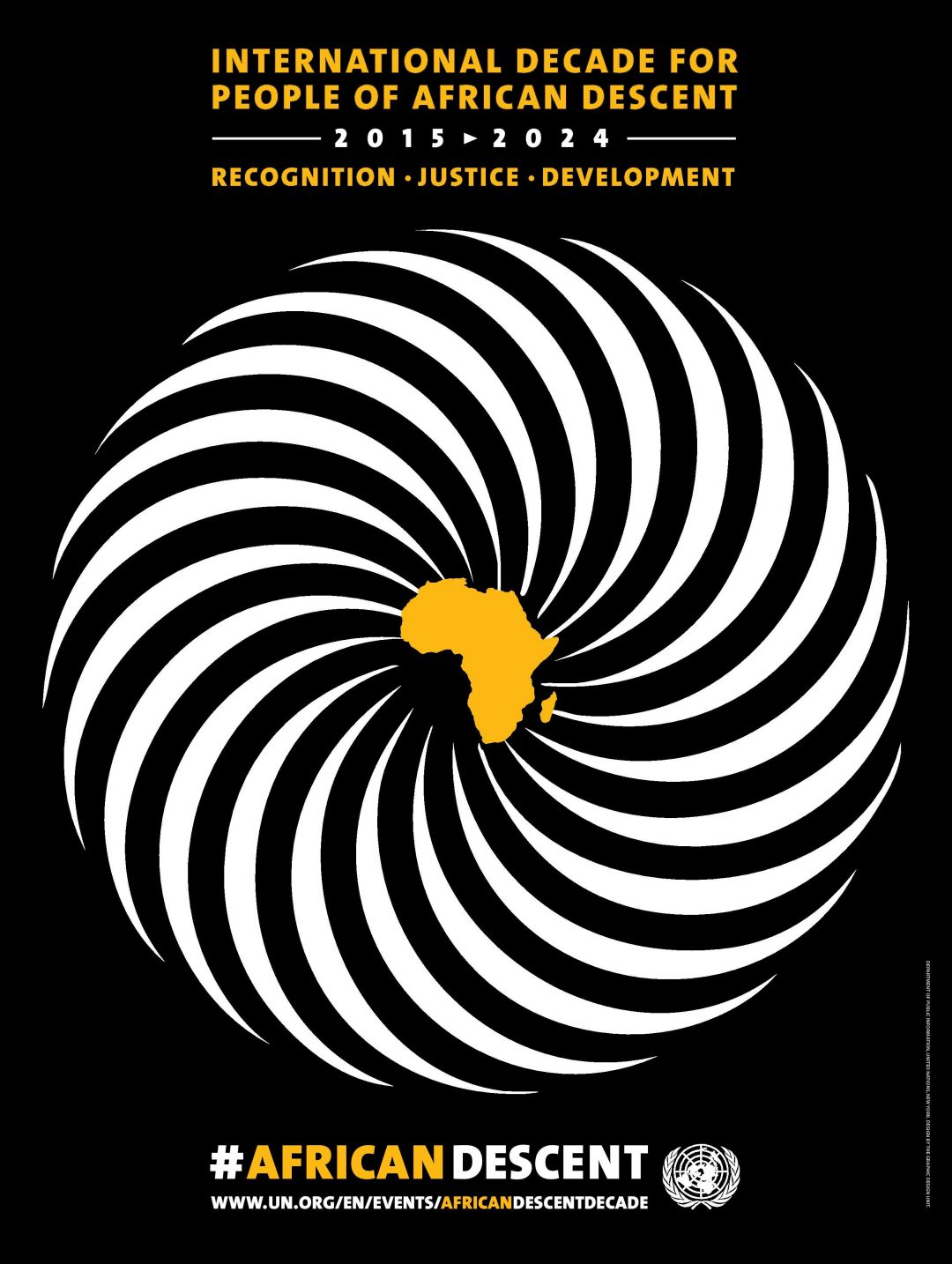Picture: UN Promotional Materials
The International Decade for People of African Descent (IDPAD) emerged as a pivotal force in pursuing a more inclusive and equitable education system. Focused on championing the rights and contributions of individuals of African descent, this global initiative carries significant implications for elementary education, where foundational values of respect, understanding, and embracing diversity are imparted to young minds.
This decade was positioned to act as a catalyst for promoting cultural diversity within elementary schools. By integrating the history, heritage, and achievements of people of African descent into the curriculum, we cultivate a learning environment that authentically mirrors the world’s diversity. This enhances the cultural awareness of all students and fosters a sense of inclusion for those of African descent.
In the formative years of elementary education, children are shaping their perceptions of race and ethnicity. The IDPAD represents an opportunity to disrupt stereotypes by presenting a more accurate portrayal of people of African descent. The use of diverse educational materials and narratives enables students to gain a comprehensive understanding of the contributions and achievements of African communities.
Incorporating the principles of IDPAD into elementary education is crucial for creating an inclusive and fair learning environment. By celebrating the diversity of cultures, traditions, and perspectives within the African diaspora, schools contribute to breaking down barriers and fostering a sense of unity among students of all backgrounds.
Moreover, educators must recognize the importance of showcasing the achievements of individuals of African descent to inspire their students. By highlighting diverse leaders, scientists, artists, and historical figures through the lens of IDPAD, elementary education offers a broader range of role models for young minds to emulate.
IDPAD goes beyond fostering a global perspective; it emphasizes collaboration and understanding on an international scale. Lessons exploring the experiences of people of African descent contribute to global awareness and nurture a sense of solidarity with diverse communities worldwide.
Educators play a pivotal role in shaping the values and attitudes of students during their elementary years. IDPAD equips them with the tools to address racism and discrimination by fostering an understanding of the challenges faced by people of African descent. Educators nurture a generation committed to justice and equality by engaging in open and honest discussions.
Now, more than ever, educators must incorporate IDPAD principles into their teaching practices. The global call for justice and equality underscores the urgency of instilling these values in young minds. By integrating the lessons of IDPAD, educators contribute to developing socially conscious and empathetic individuals ready to navigate and challenge the complexities of a diverse world.
Beyond symbolism, the International Decade for People of African Descent is a resounding call to action in elementary schools worldwide. By embracing IDPAD principles in education, we empower young minds to embrace diversity, challenge stereotypes, and contribute to a fair and inclusive society. Elementary education becomes the fertile ground where seeds of understanding are sown, cultivating a generation prepared to shape a world where everyone’s story is acknowledged, celebrated, and valued.
References:
United Nations. (n.d.). International Decade for people of African descent. United Nations. https://www.un.org/en/observances/decade-people-african-descent/background
The International Decade for People of African Descent: Who have these ten years served? Black Agenda Report. https://blackagendareport.com/international-decade-people-african-descent-who-have-these-10-years-served

